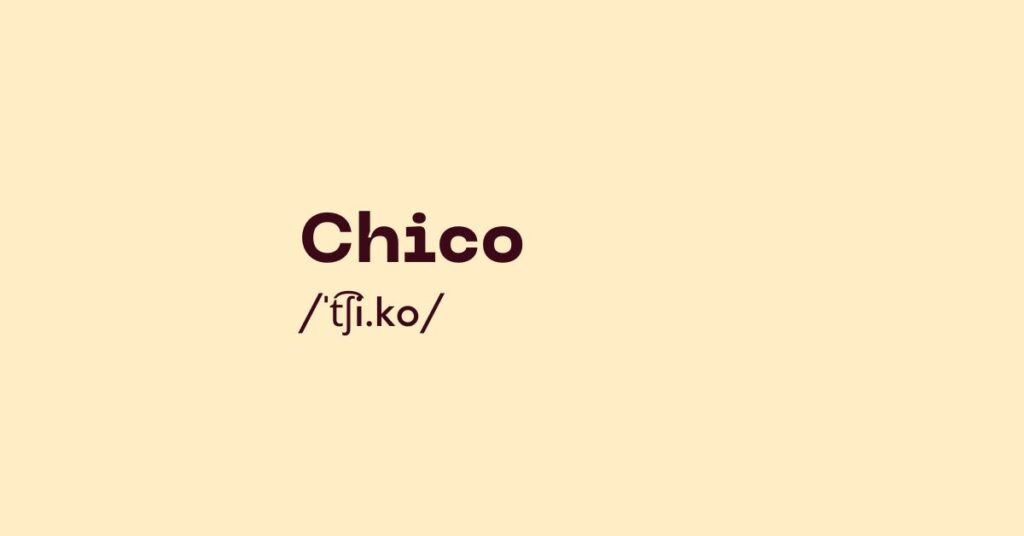Today’s Spanish word of the day is “chico” in the masculine form, or “chica” in the feminine form.
It can be used as a noun roughly translating as “boy” (“chico”), or “girl” (“chica”). It usually refers to older children, teenagers and young adults in their early twenties rather than very young children.
The word “chico/chica” can also be used as an adjective meaning “small”, so you can use it as an alternative to “pequeño/pequeña”.
It’s quite common to add a diminutive ending to “chico/chica”. For example, if you want to say “boys and girls”, you could say “chiquillos” rather than “chicos”. The word “chiquillos” is formed by adding the diminutive -illo ending to the root word “chico” and applying the plural ending -s.
Other diminutive forms include the following:
- Chiquito/Chiquita – This could be translated as “very small” or “little boy/girl”
- Chiquitito/Chiquitita – This double diminutive form could be translated as “very small” or “very little boy/girl”
However, diminutives in Spanish don’t always mean that the thing being referring to is physically small. Instead, they are often used to express endearment or affection, or to make what you are saying sound friendlier and less formal.
The word “chico/chica” is thought to come from Latin ciccum, meaning “something of little value”. These days though, the word “chico/chica” doesn’t have such a value judgement!
Example sentences
Ese chico juega muy bien al fútbol.
That boy plays soccer very well.
La chica que conocí ayer es muy simpática.
The girl I met yesterday is very nice.
La camiseta me queda chica.
The T-shirt is too small for me.
La chica que vive al lado tiene un perro pequeño.
The girl who lives next door has a small dog.
La casa es muy chica, pero tiene mucho encanto.
The house is very small, but it has a lot of charm.

